Cross Curricular
There is history in everything and engaging children through cross curricular approaches is an exciting way of developing an immersive experience and transferable knowledge and skills. This section provides ideas and suggestions on how to develop cross curricular approaches to your lesson planning.
Sort by:
Date (Newest first) | Title A-Z
Show:
All |
Articles |
Podcasts |
Multipage Articles
-

A Load of Rubbish: Using Victorian throwaways in the classroom
ArticleClick to view -

A Victorian Christmas
Multipage ArticleClick to view -

A creative Egyptian project
ArticleClick to view -

Archaeology - An approach to teaching history at Key Stage 2. Curriculum history
ArticleClick to view -
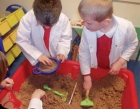
Archaeology and the Early Years: The Noah's Ark Experience
ArticleClick to view -
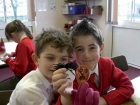
Art and History: Justifying the Links
ArticleClick to view -

Assessment and Progression without levels
ArticleClick to view -

Case Study: Teaching World War 1 and professional development
ArticleClick to view -

Children's thinking in archaeology
ArticleClick to view -

Creating the 'creative history' website
ArticleClick to view -
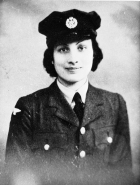
Cross Curricular Project on a famous person
ArticleClick to view -

Drama - Choosing an approach
ArticleClick to view -

Drama and history: a theory for learning
ArticleClick to view -

Drama and role play
ArticleClick to view -

Drama and story telling
ArticleClick to view -

Early Islamic civilisation
ArticleClick to view -

Education for geographical understanding
ArticleClick to view -
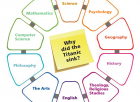
Epistemic insights: bringing subject disciplines together
ArticleClick to view -
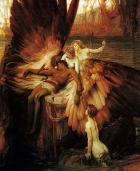
Flight
ArticleClick to view -
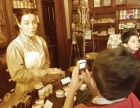
Geosong: a transition project
ArticleClick to view

